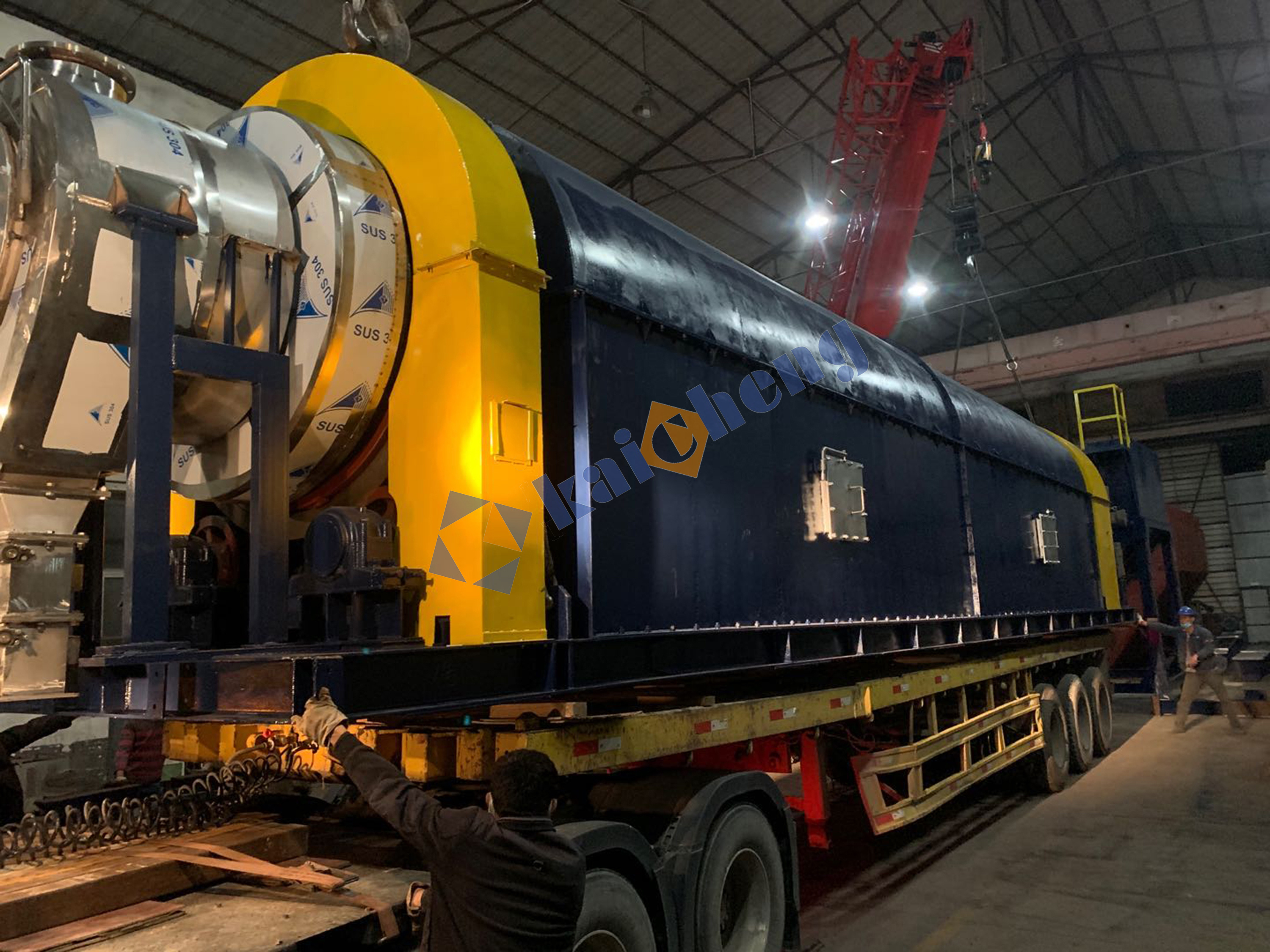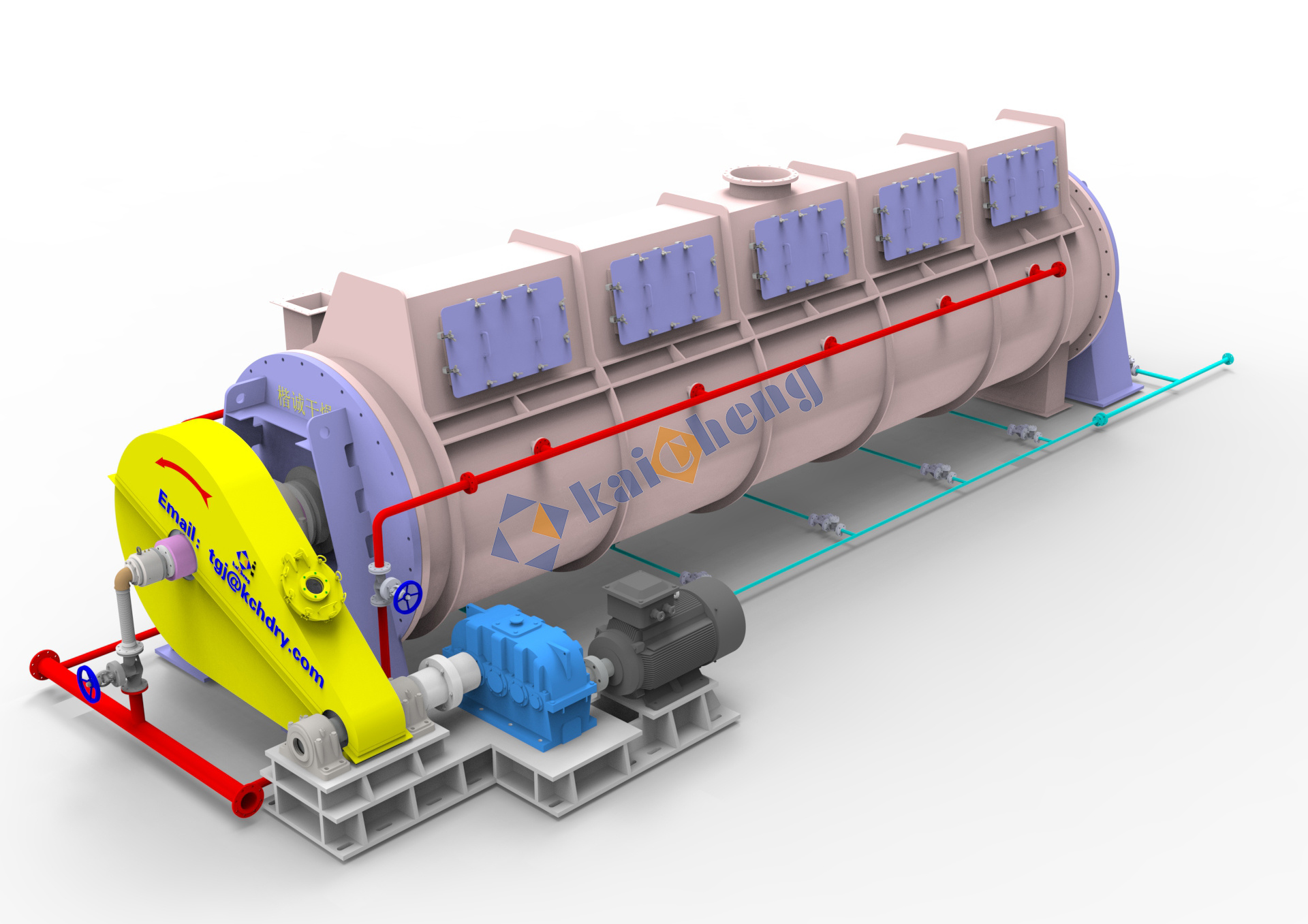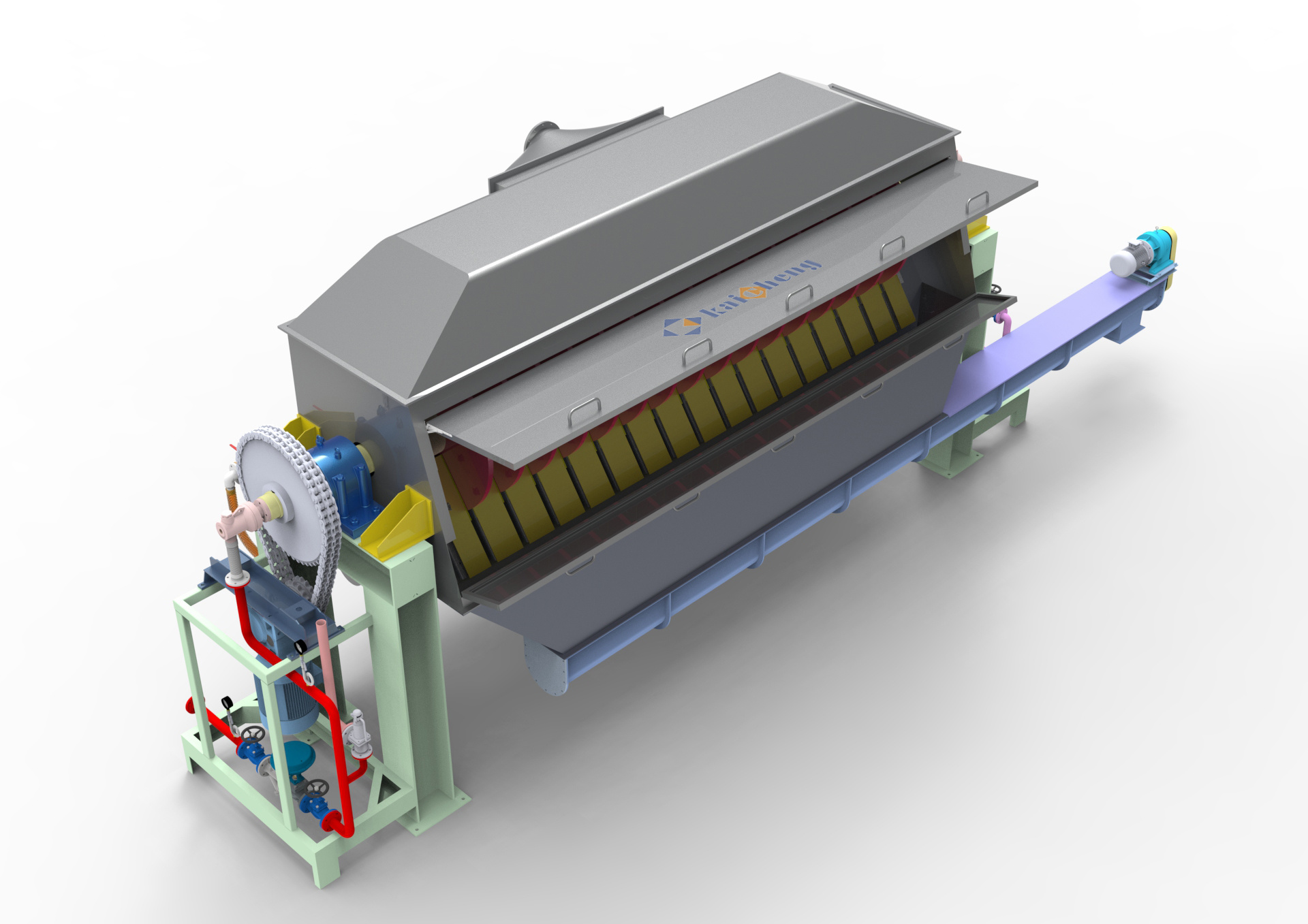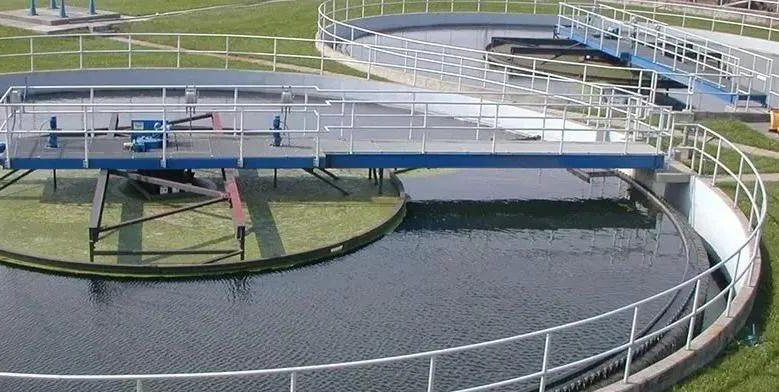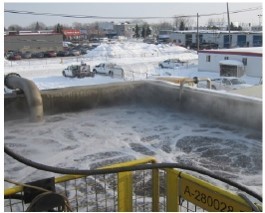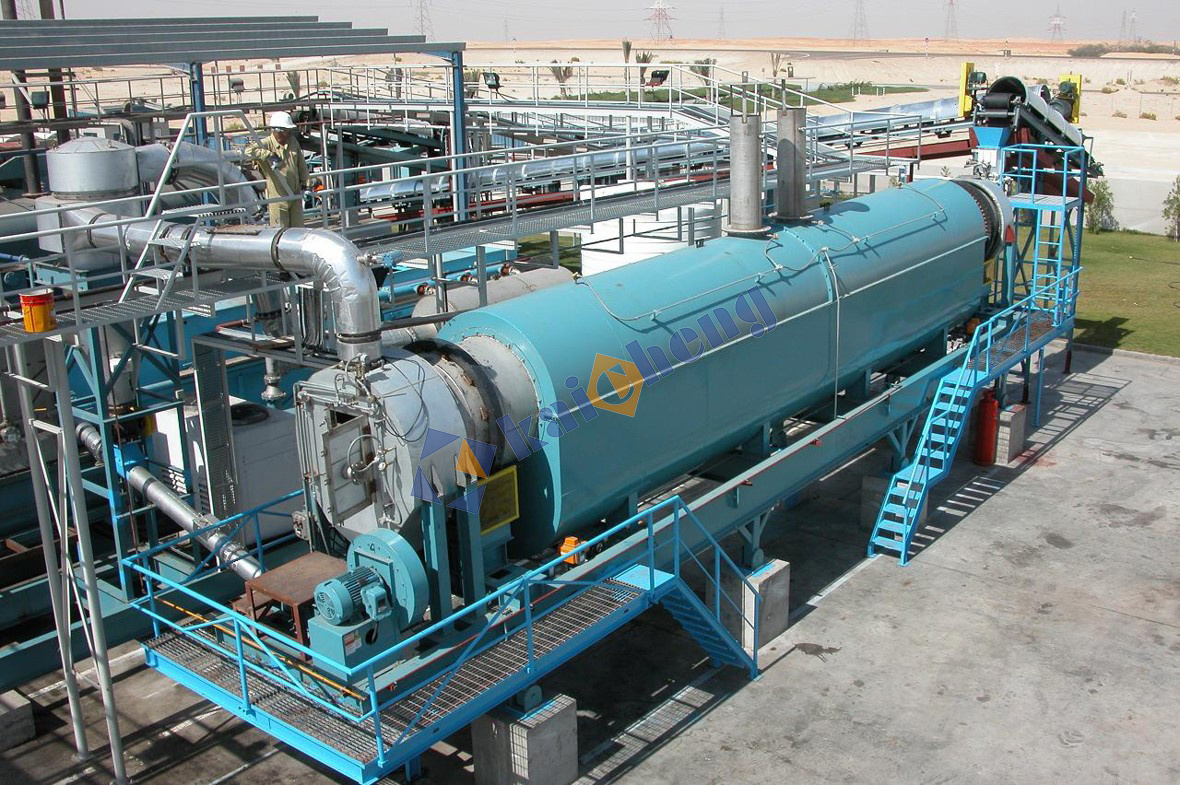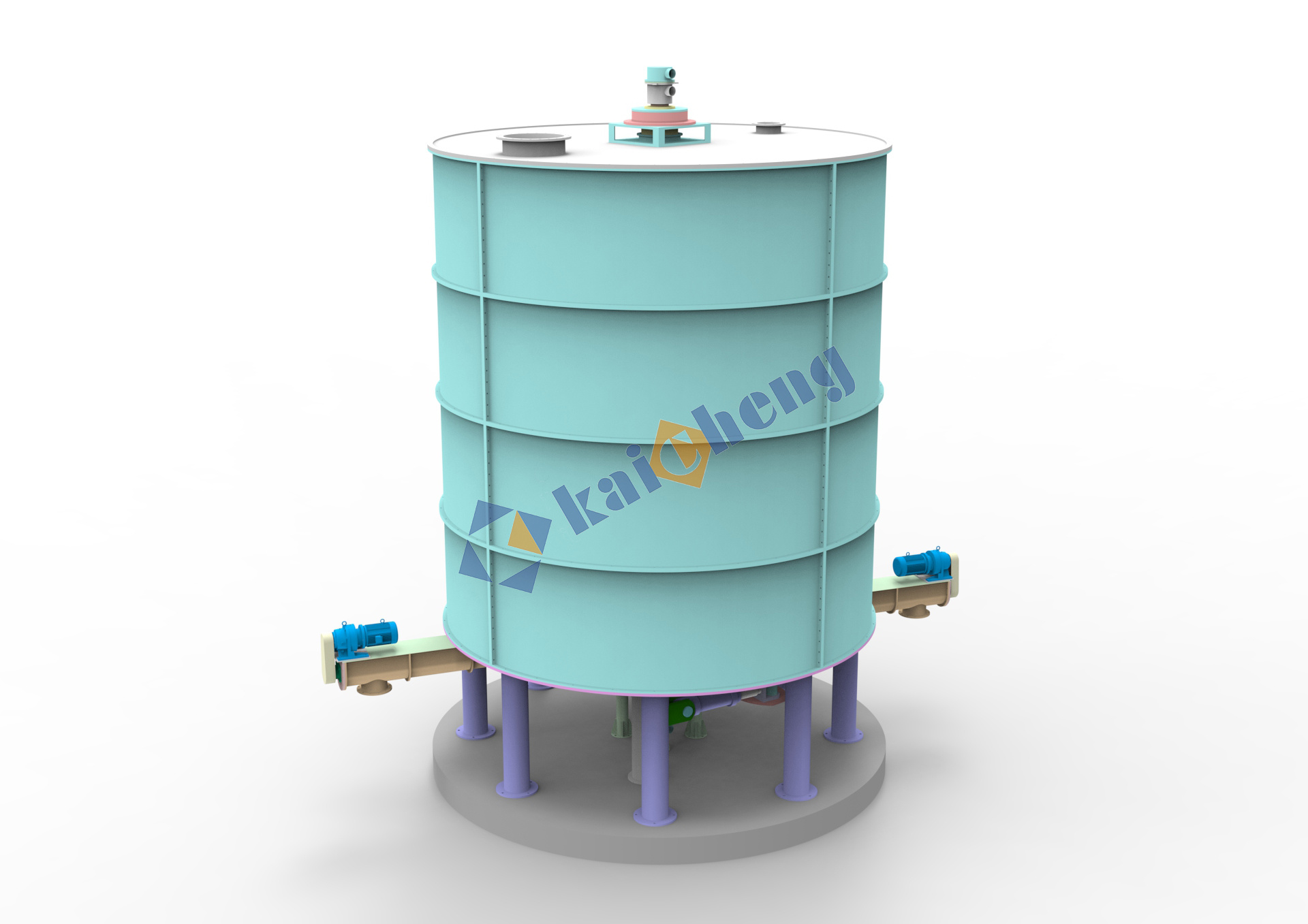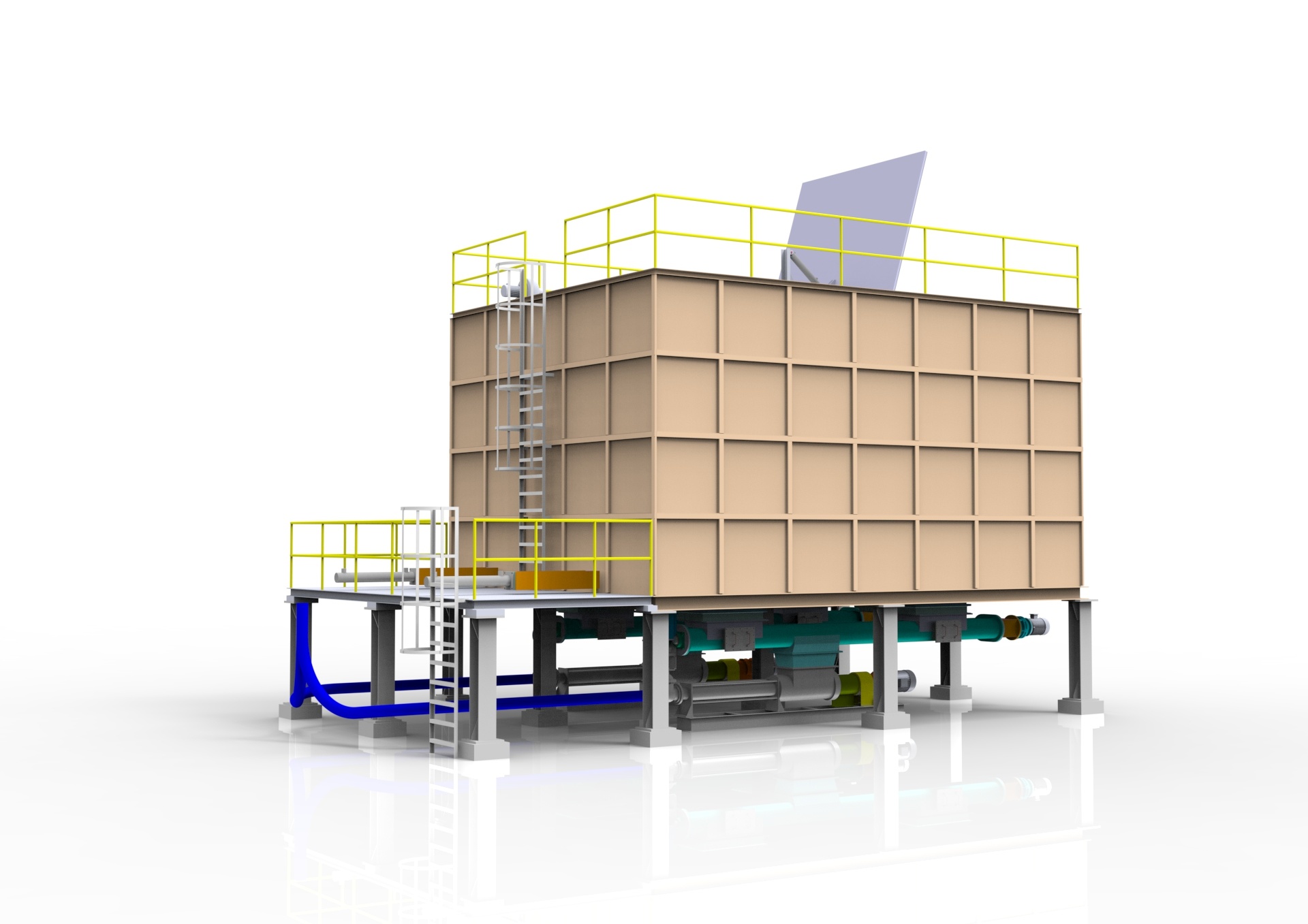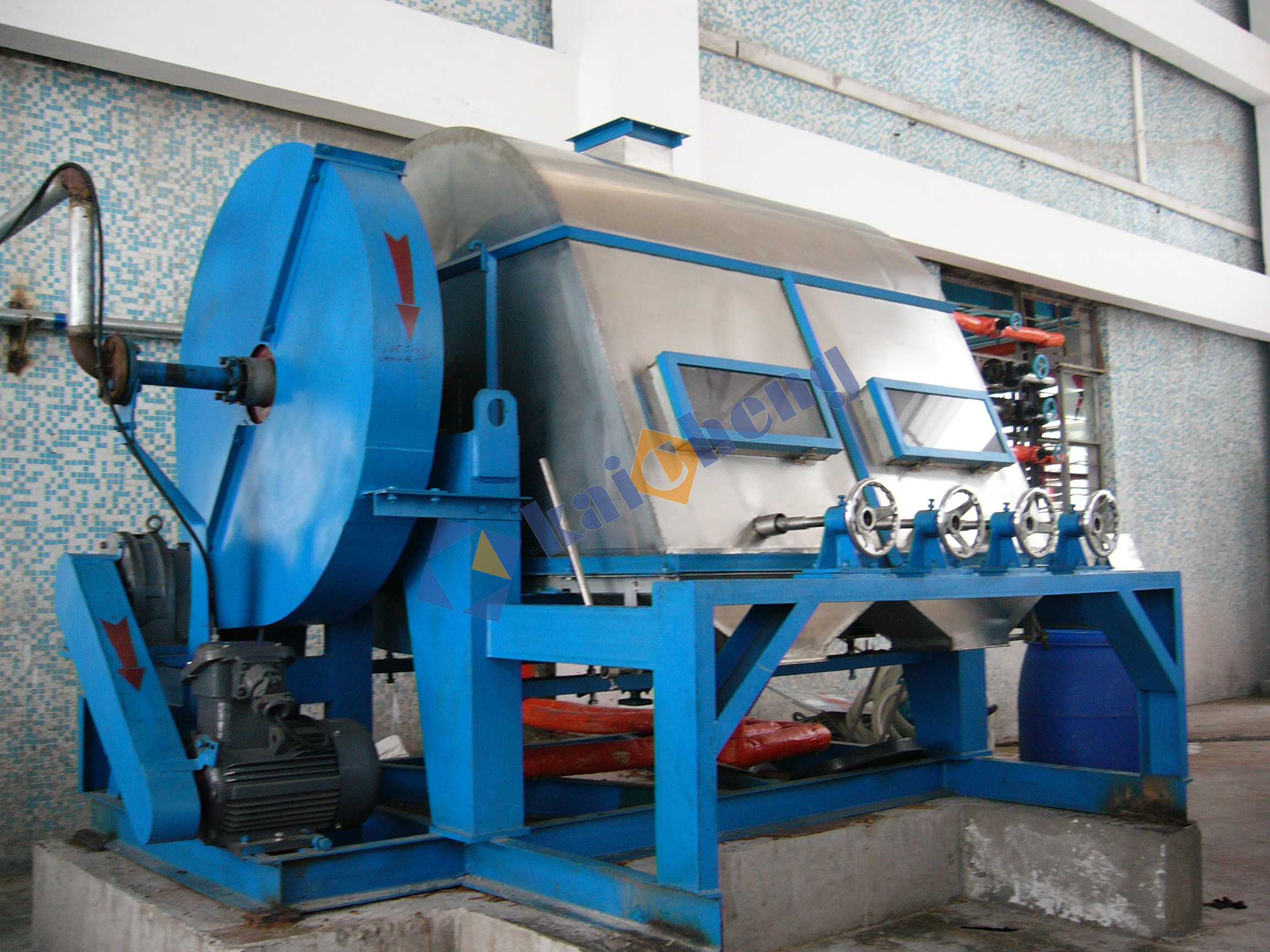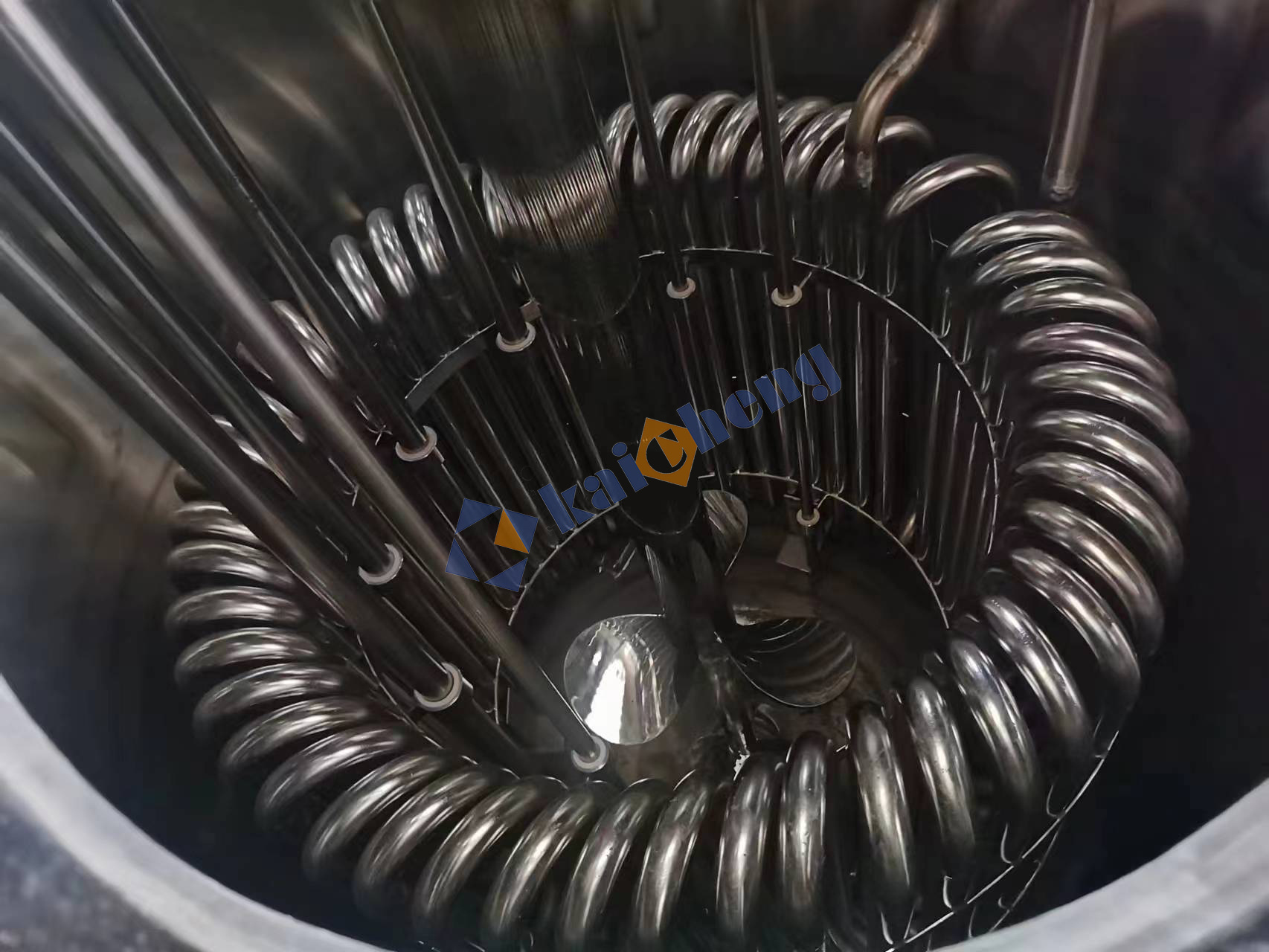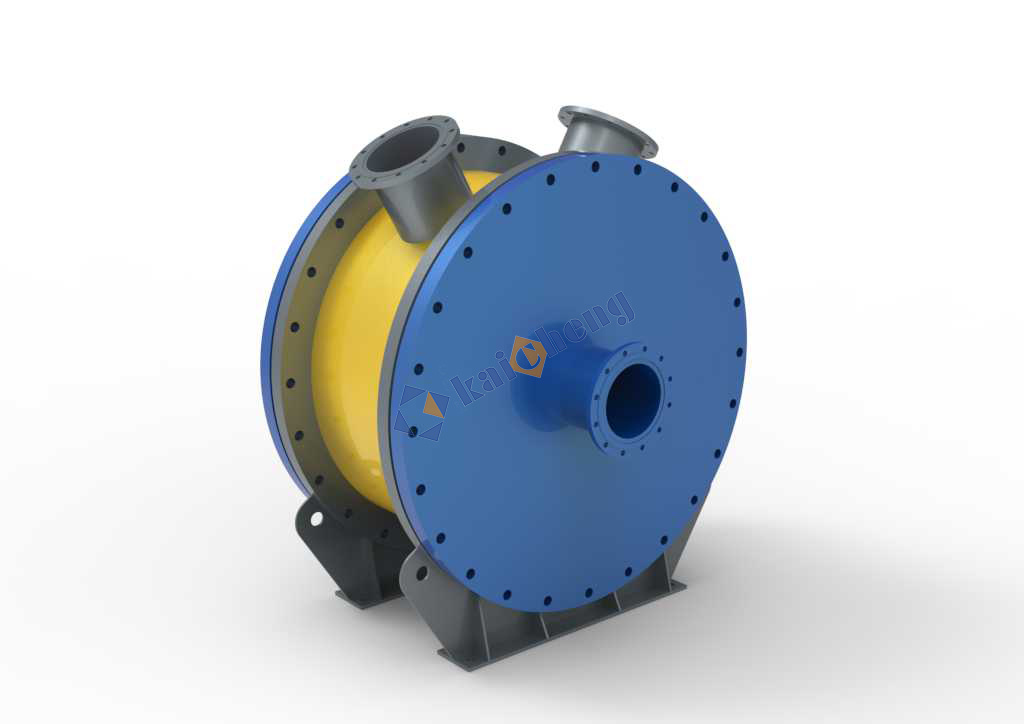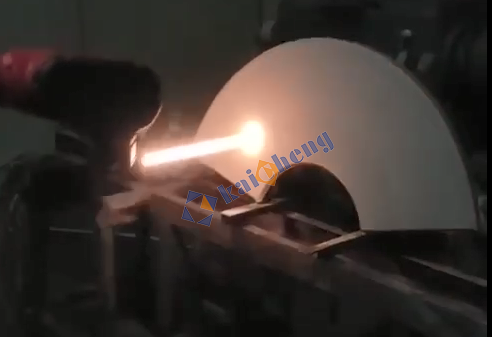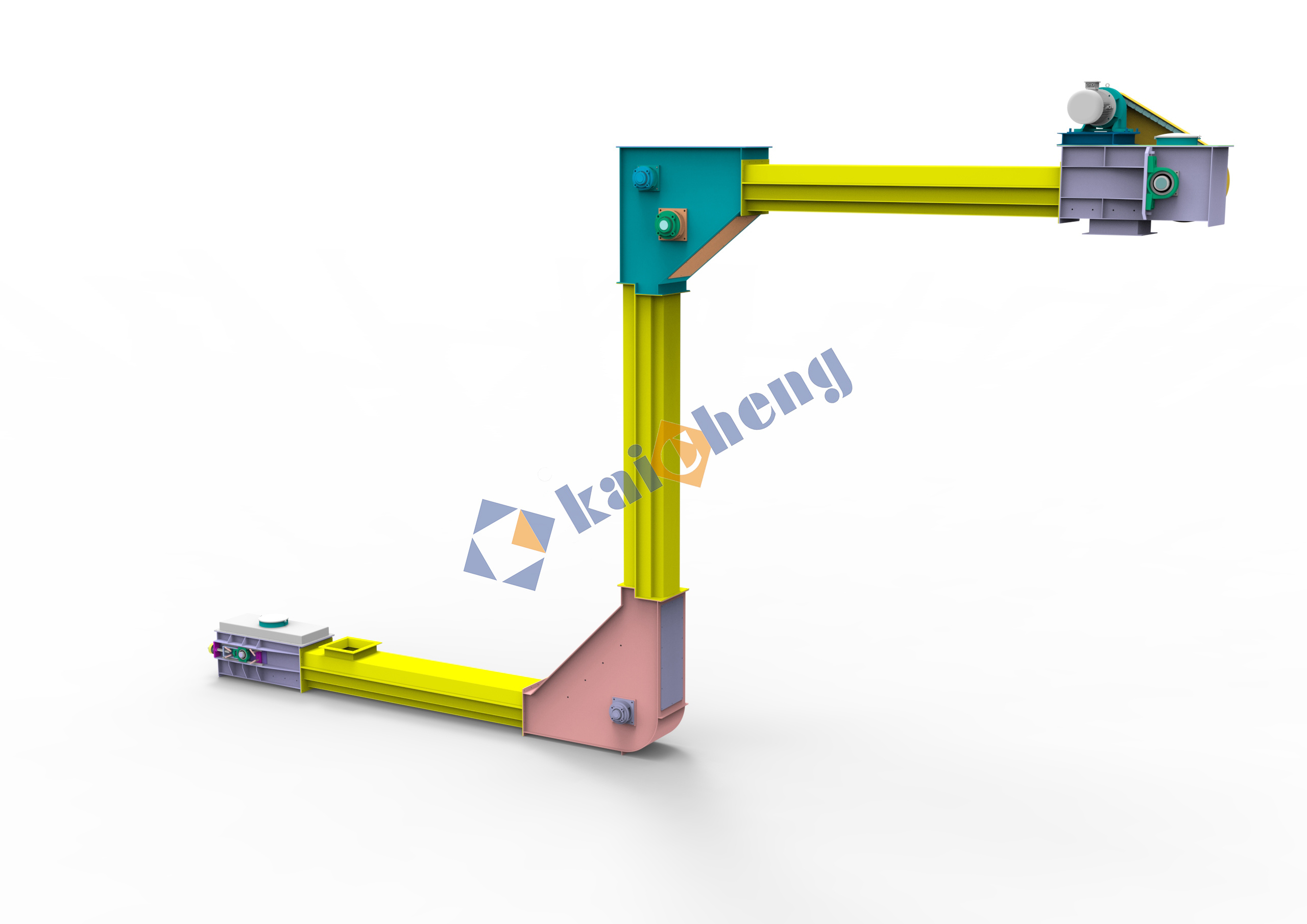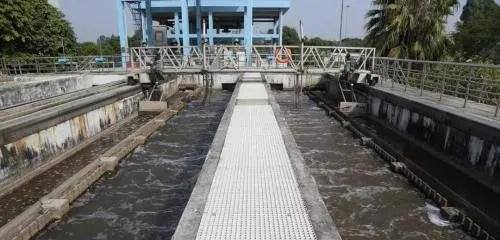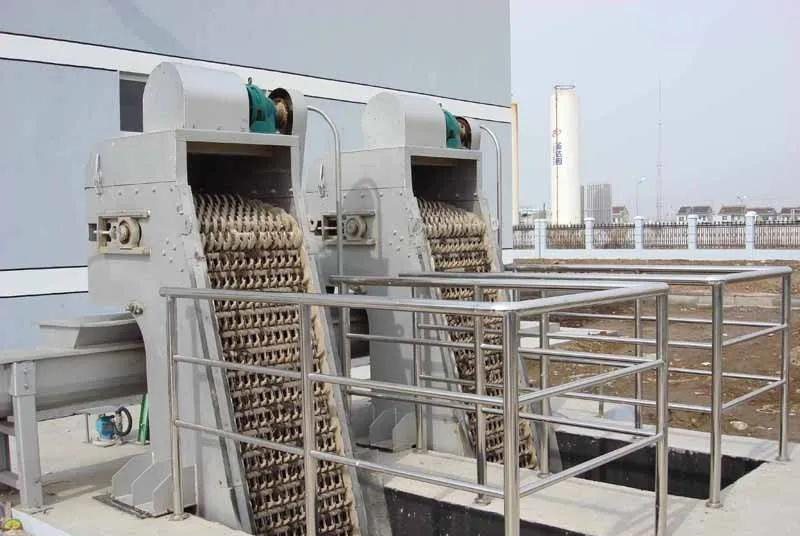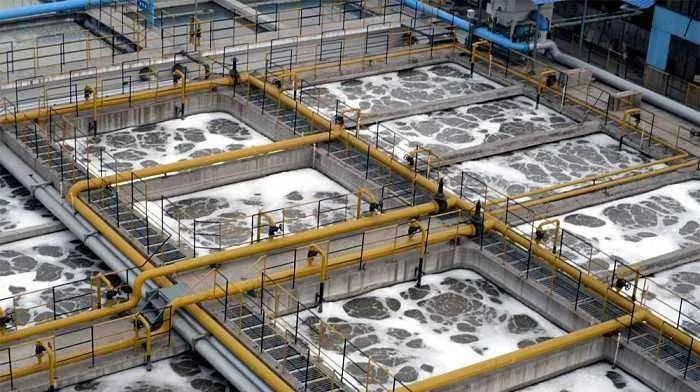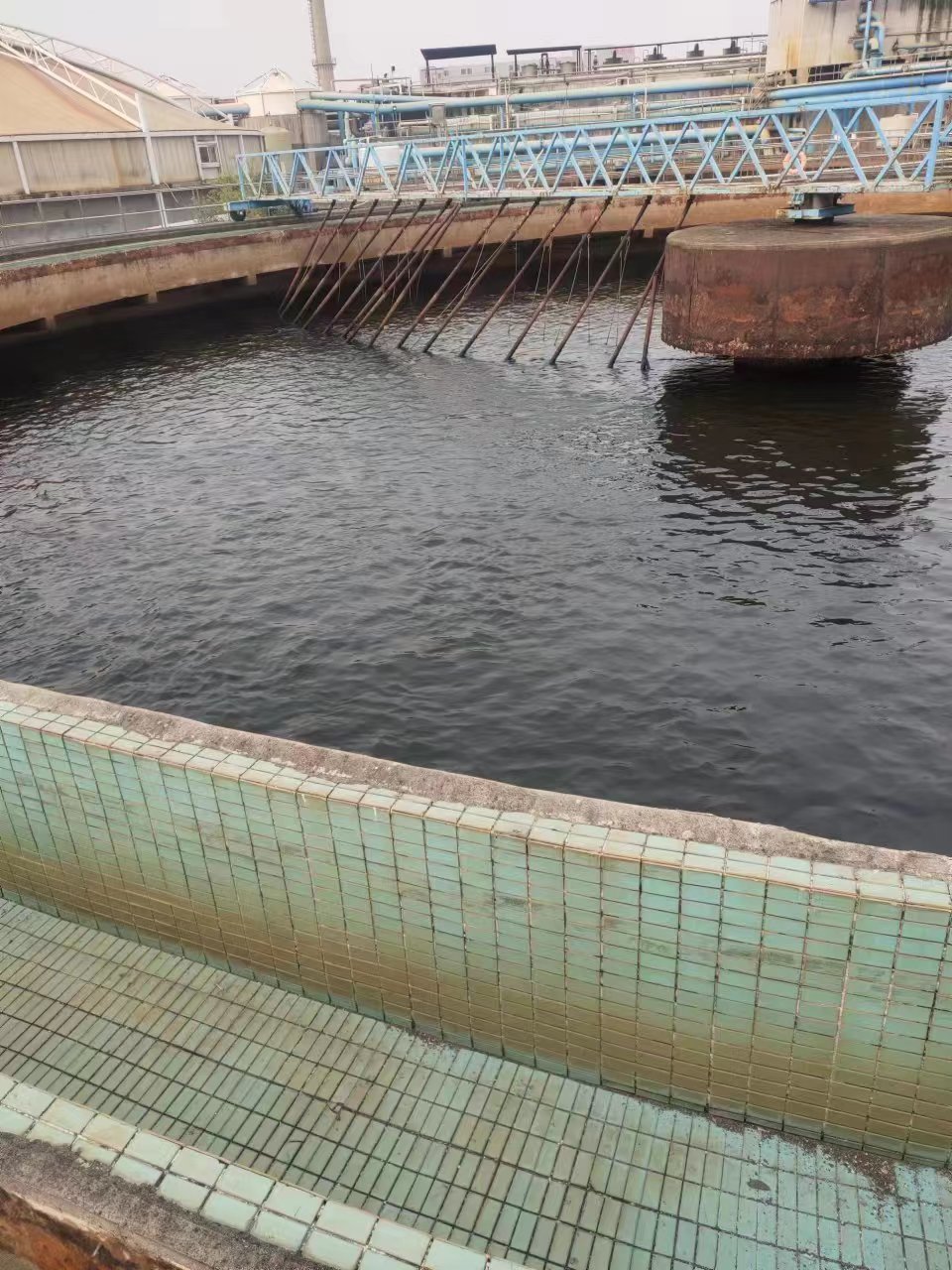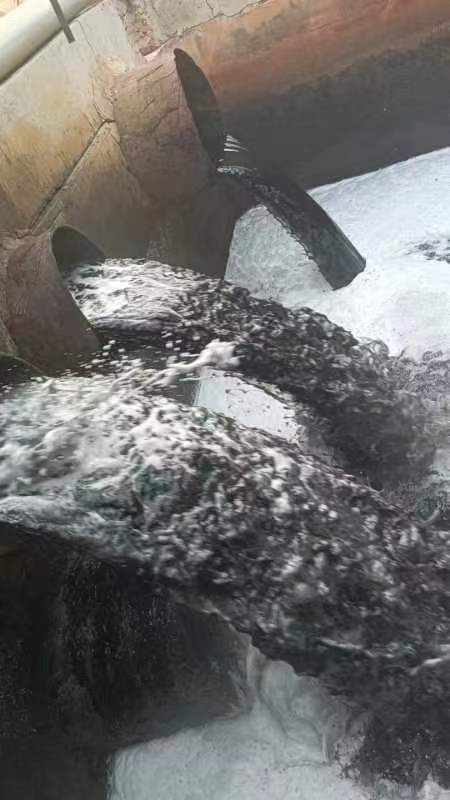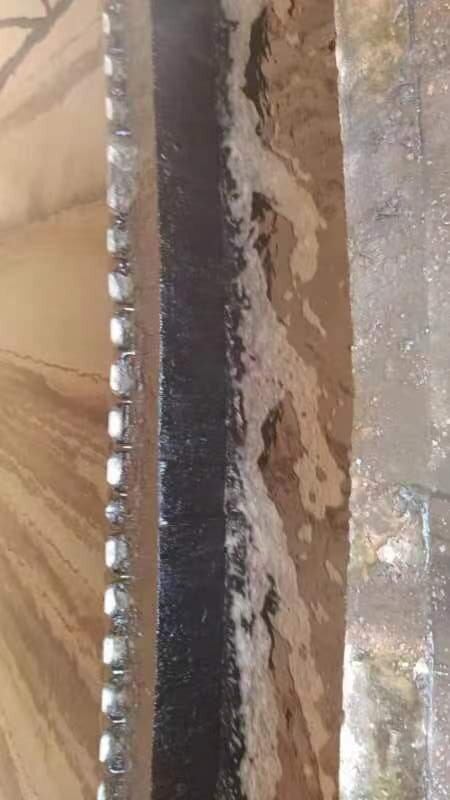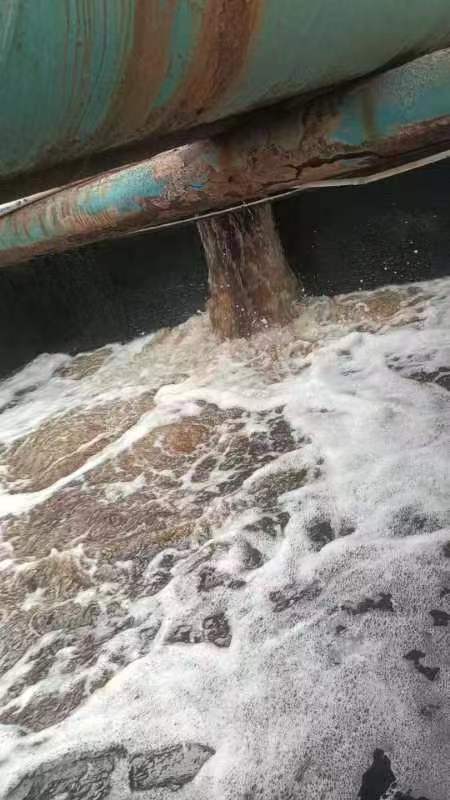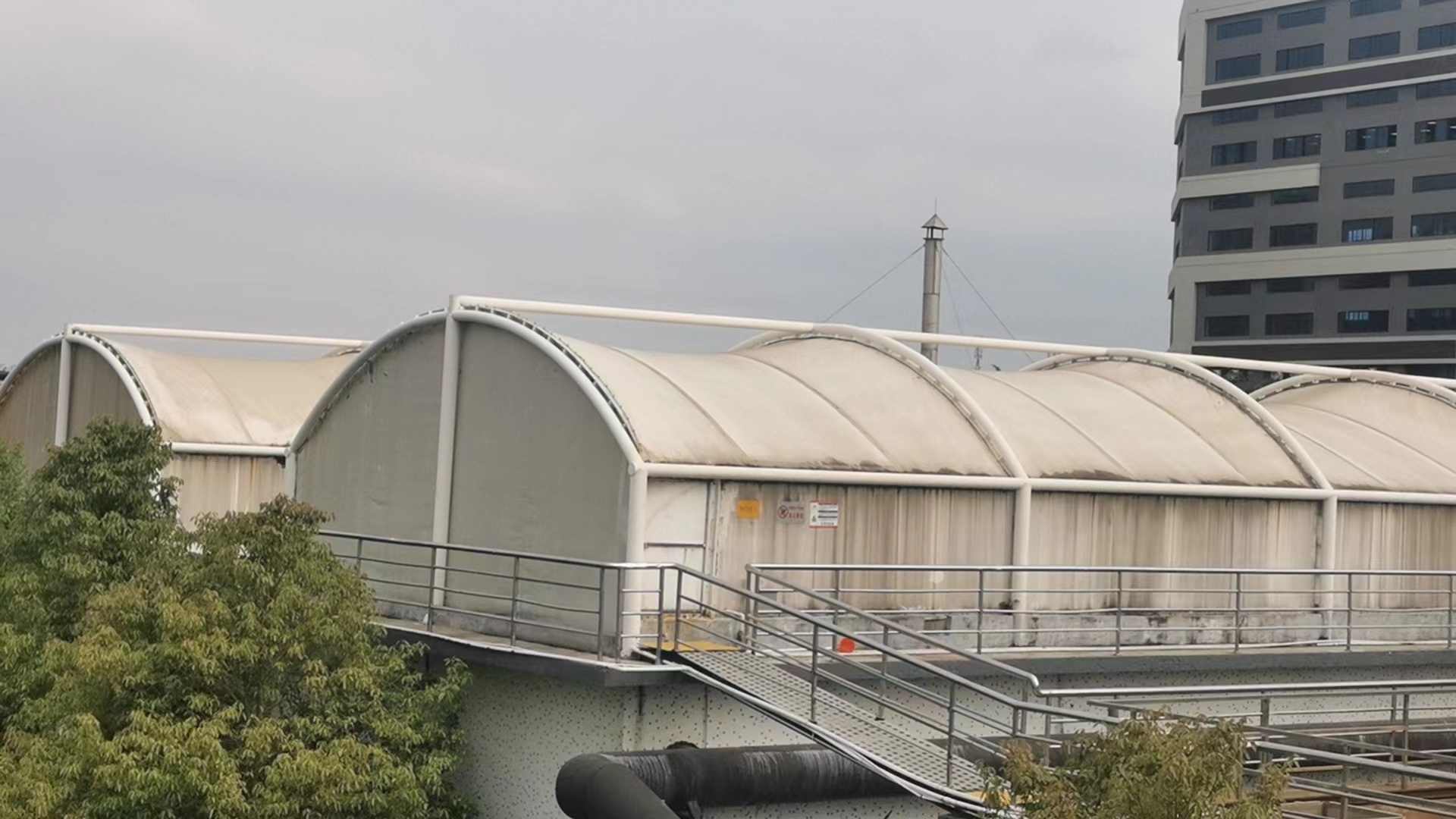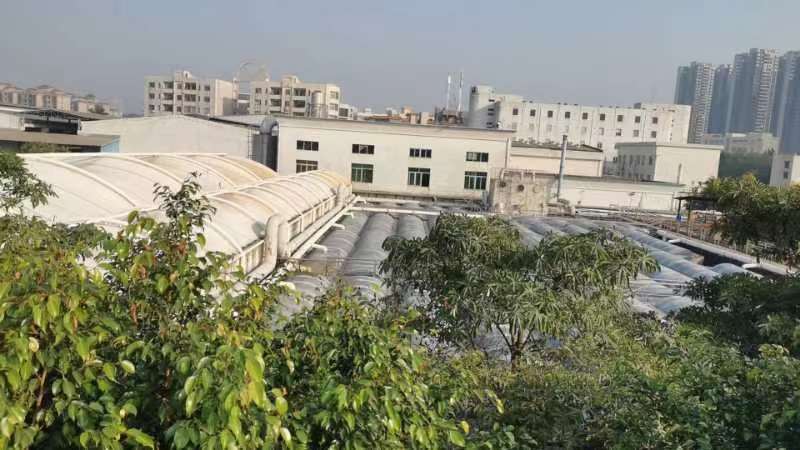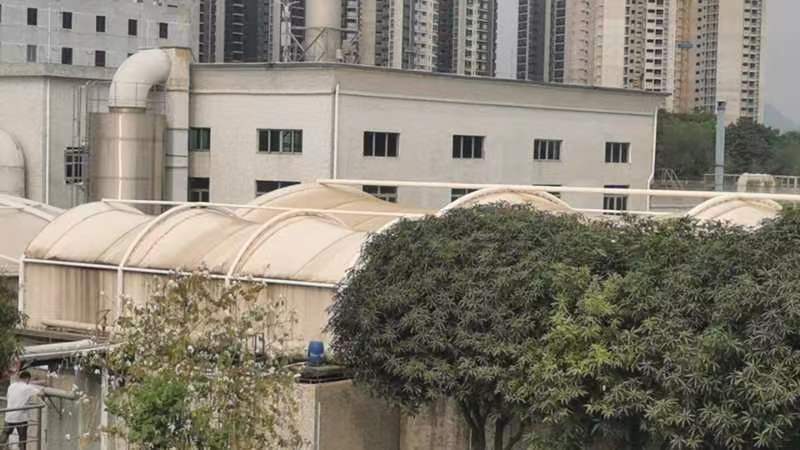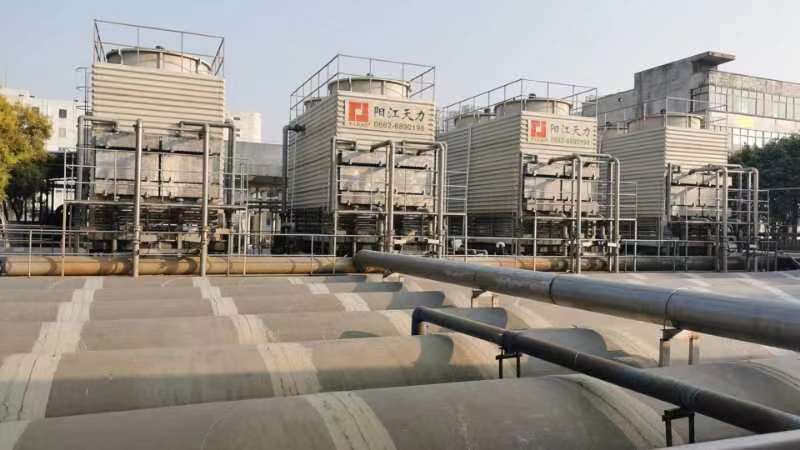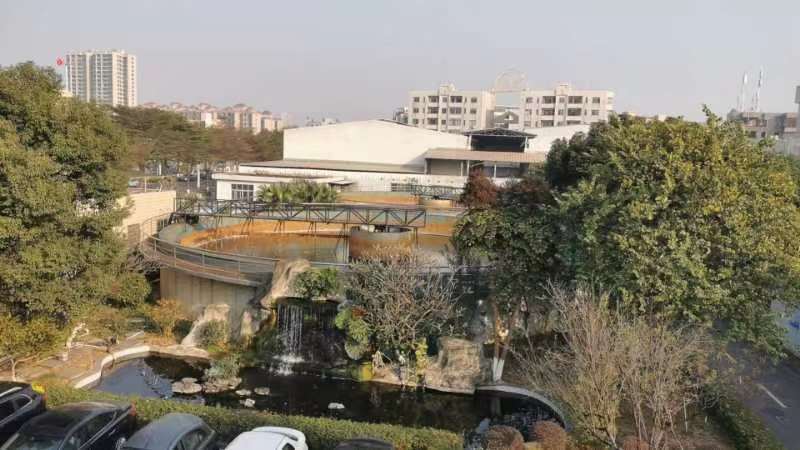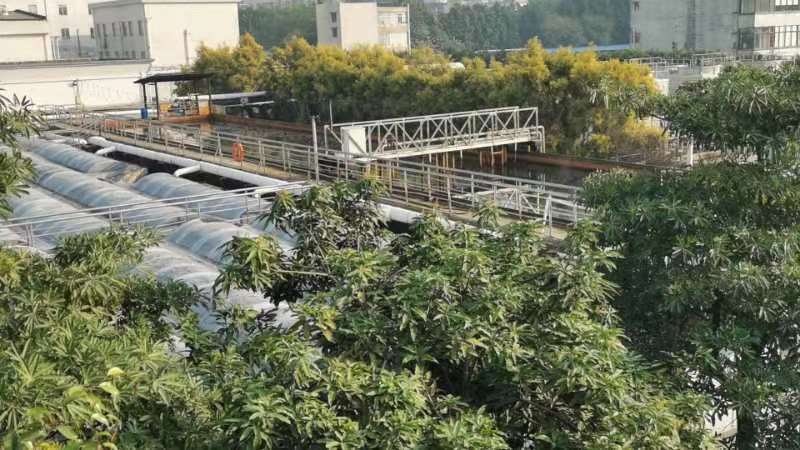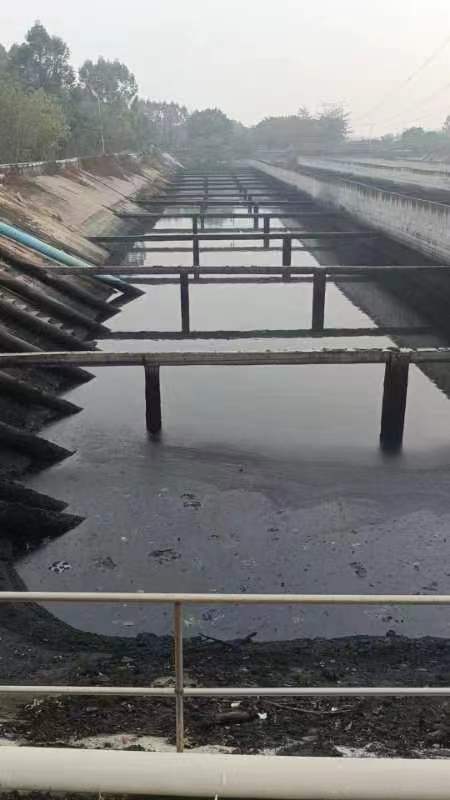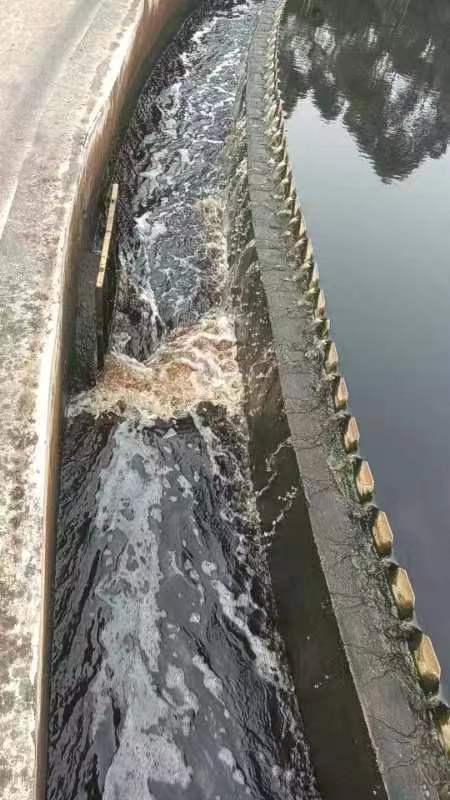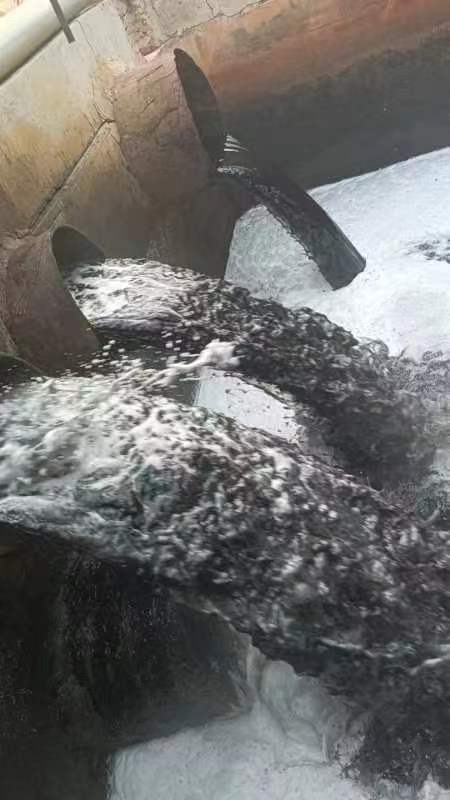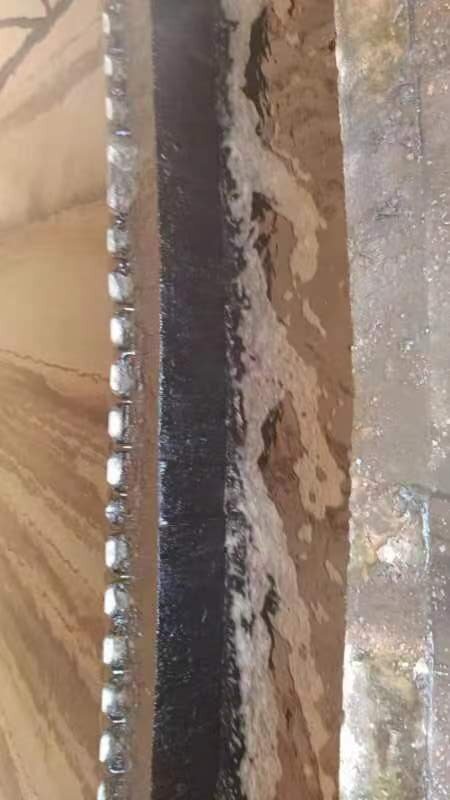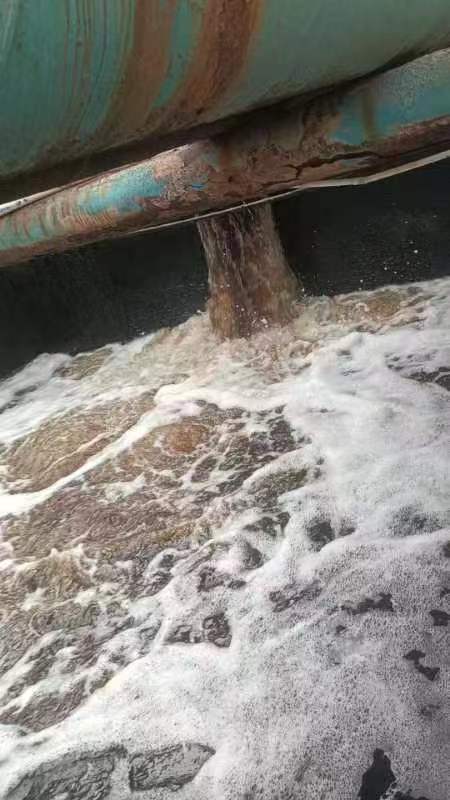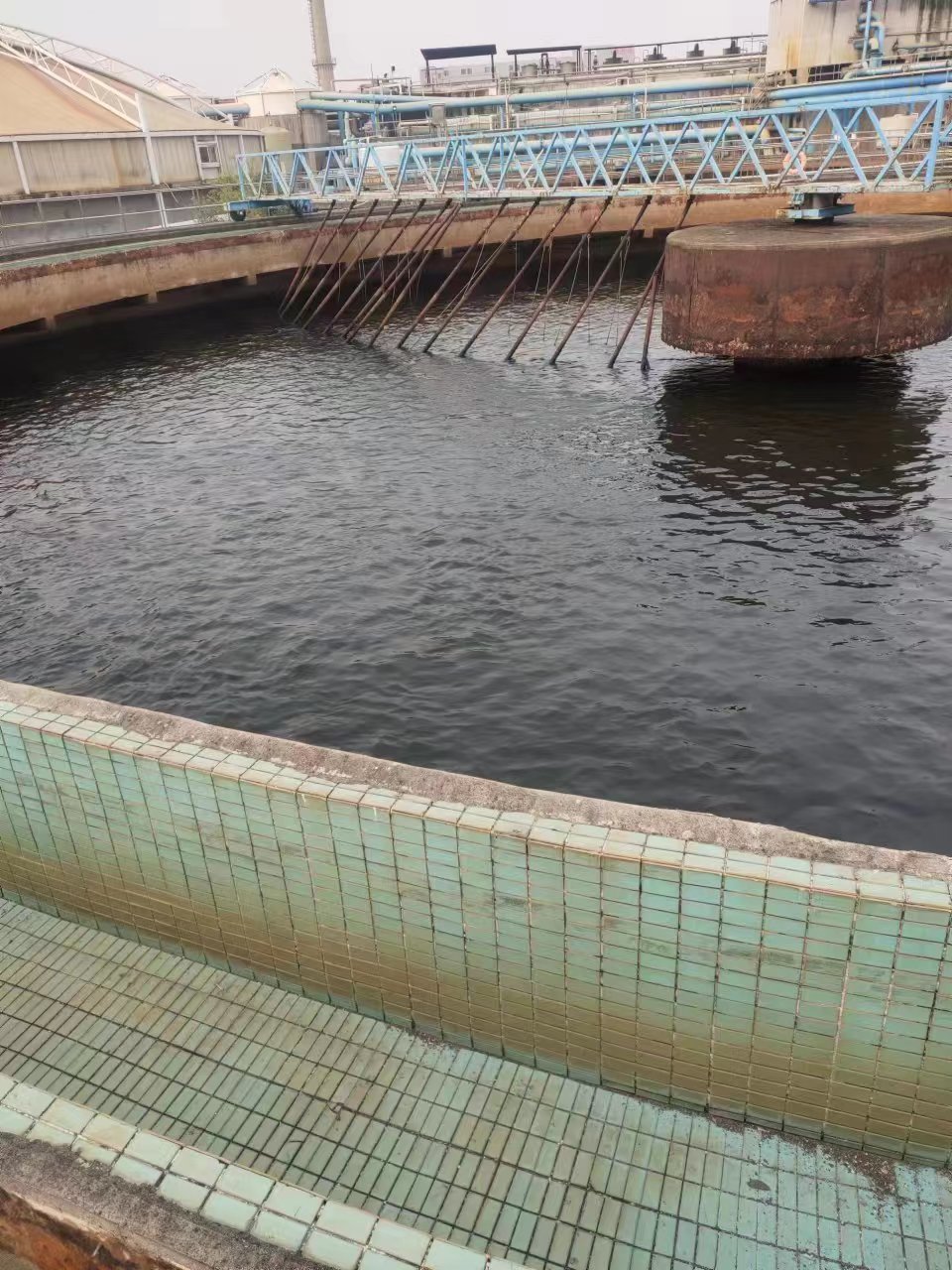primary sinking pond
Urban Domestic Sewage Treatment and Reuse
Treatment methods can be divided into physical treatment methods, biological treatment methods, sludge disposal produced by sewage treatment and chemical treatment methods according to the type of water quality. They can also be divided into primary treatment, secondary treatment and advanced treatment processes according to the degree of treatment.

Product Attachments:
Keywords: Urban Domestic Sewage Treatment and Reuse
- Description
- Schematic Diagram
- Parameter
- Result
-
Development background:
Sewage treatment is a very important environmental protection work, involving people's production and life, and also related to the protection of the environment.
Sewage treatment uses various technologies to separate, remove, recycle, or convert pollutants contained in sewage into harmless substances to purify water. Sewage treatment is a complex science that includes a variety of treatment processes.Urban domestic sewage treatment process flow:
Treatment methods can be divided into physical treatment methods, biological treatment methods, sludge disposal produced by sewage treatment and chemical treatment methods according to the type of water quality. They can also be divided into primary treatment, secondary treatment and advanced treatment processes according to the degree of treatment.
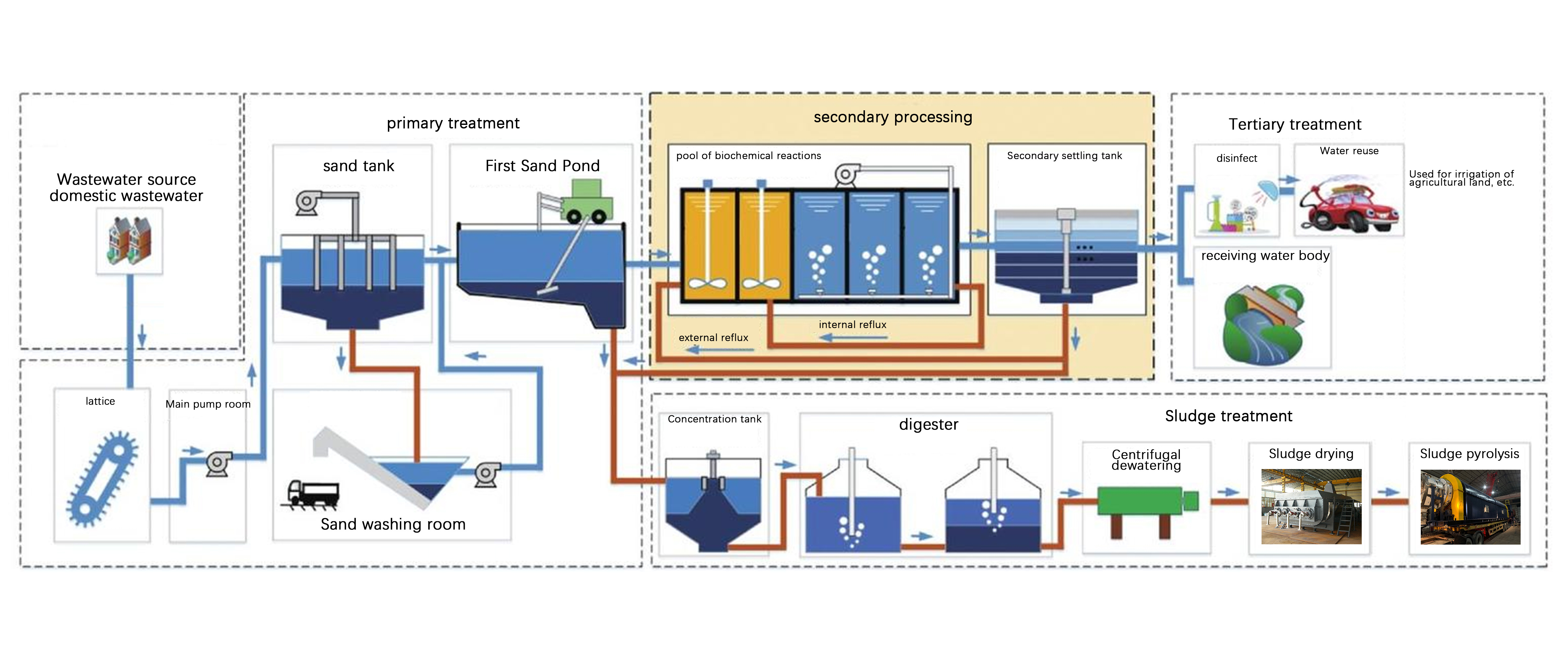
(1) Primary treatment mainly targets suspended matter in water, often using physical methods. After primary treatment, about 40% of sewage suspended matter can be removed, and about 30% of organic matter attached to suspended matter can also be removed.
Physical treatment method is a method that uses physical effects to separate and remove pollutants in sewage. Commonly used methods include screening and interception, gravity separation, centrifugal separation, etc. The corresponding treatment equipment mainly includes grilles, grit chambers, sedimentation tanks (primary sedimentation tanks), and centrifuges. The sedimentation tank is the same as the sedimentation tank in urban water supply treatment.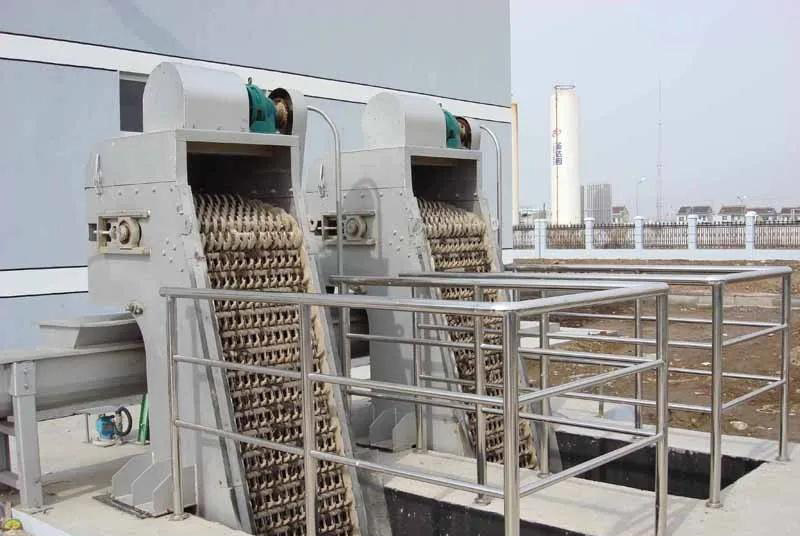
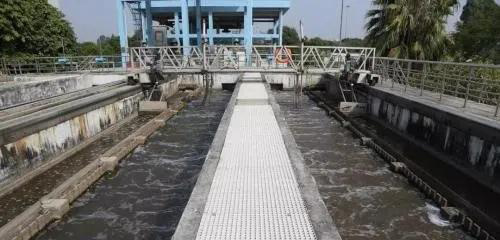
(2) Secondary treatment takes oxidation ditch as an example. It mainly removes organic pollutants in colloid and dissolved states in sewage. The commonly used method is microbial treatment, and specific methods include activated sludge method and biofilm method. After secondary treatment, the BOD5 removal rate can reach more than 90%, and the effluent from the secondary sedimentation tank can meet discharge standards.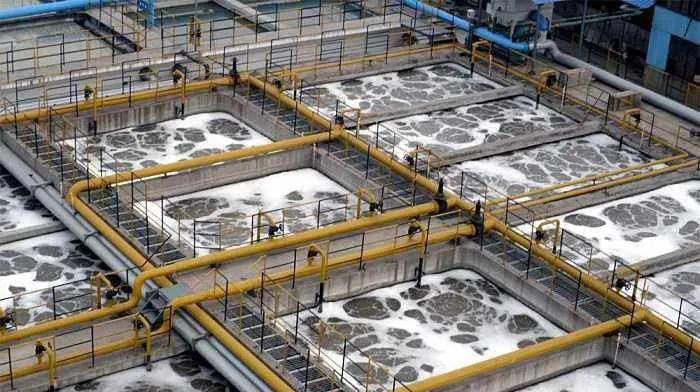
(3) Advanced treatment is to further process refractory organic matter and soluble inorganic matter such as nitrogen and phosphorus that can cause eutrophication of water bodies after primary treatment and secondary treatment. Advanced treatment is often used after secondary treatment to further improve water quality and meet relevant national discharge standards. The methods used for advanced treatment include coagulation, sedimentation (clarification, flotation), filtration, disinfection. If necessary, activated carbon adsorption, membrane filtration, ozone oxidation and natural treatment can be used. Chemical treatment method, coagulation method used in urban sewage treatment, is similar to urban water supply treatment.
(4) Sludge needs to be treated to prevent secondary pollution. Our company recommends that our company design a sludge drying + pyrolysis carbonization process route to save energy and reduce emissions, with high efficiency and low operating costs. For details, please refer to the process route section of the website.
The above is a conventional domestic sewage treatment process. The specific treatment processes and procedures may vary, depending on the characteristics and treatment requirements of the sewage. The specific process flow needs to be determined based on the actual situation and the design of the sewage treatment plant.Purposes of wastewater reuse:
agricultural water
●Farmland irrigation ●Afforestation and seedling care ●Livestock breeding ●Aquaculture
Industrial water
●Cooling water ●Washing water ●Boiler water ●Industrial water ●Product water
Urban miscellaneous water
●Urban greening ●Toilet flushing ●Road cleaning ●Vehicle washing ●Construction ●Firefighting
environmental water
●Water for recreational landscape environment ●Water for ornamental landscape environment
Supplementary water source water
●Supply surface water ●Supply groundwater -

-
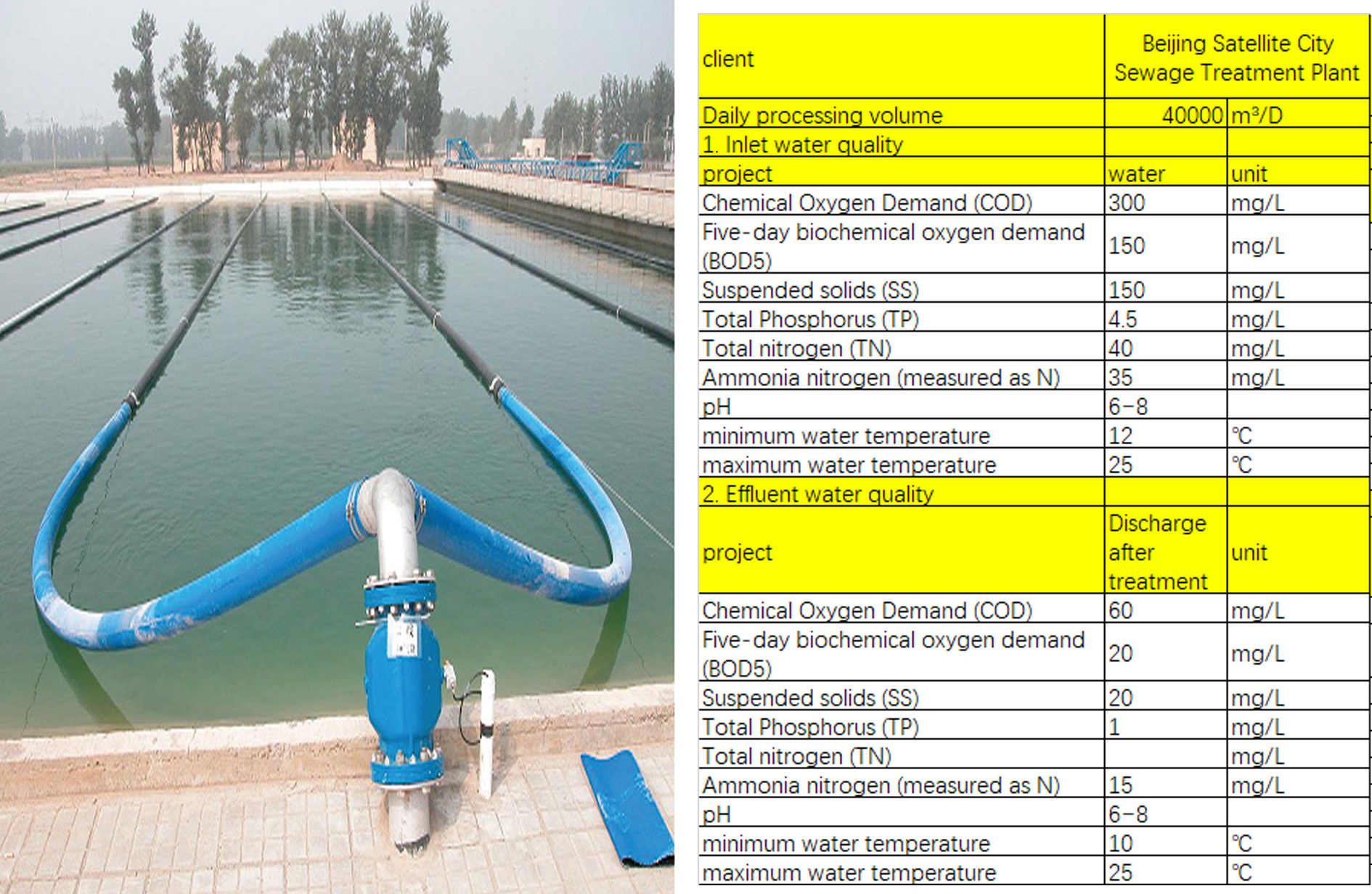
-
Customer: Guangdong Esquel Sewage Treatment Plant in Densely Populated Areas
Daily Processing Volume
150000m³/D
High-end testing instruments for sewage treatment:
Video of water discharge effect after treatment:
Customer: Guangdong Jialida Environmental Protection Technology Co., Ltd. Sewage Treatment Station
Daily Processing Volume
150000m³/D

Your May Also Like
leave A Message
We will contact you as soon as possible






